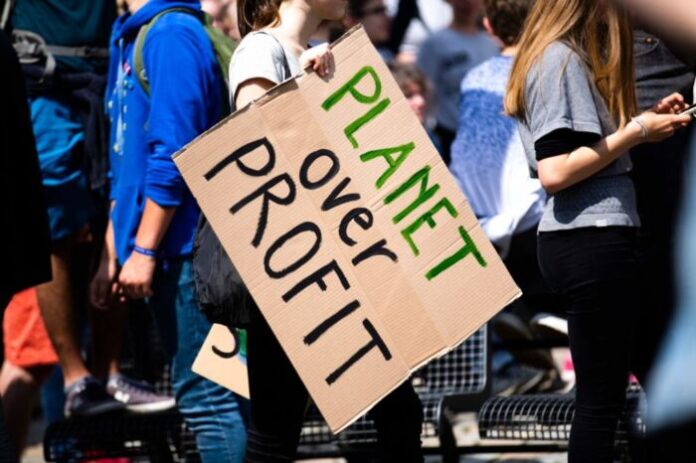
The Joe Biden era has begun. A radical change for the United States and its climate policy, which his predecessor Trump had boycotted in favor of not-so-green initiatives, such as the withdrawal of states from the Paris Agreement.
One of the first moves of the new president, however, concerns the return to the climate pact. An initiative that WWF Italy hailed as “the era of courage to eliminate carbon emissions and win the climate challenge fairly”.
Of course, Biden’s mission will not be so simple because he will have to clash with Congress but the team chosen to start the green shift is formidable. The new president also appointed experts to the State Department and the National Security Council, the President’s main advisory body for all foreign policy decisions. The Department of the Treasury, the Department of Transportation and the office of Vice President Kamala Harris will all have staff dedicated to climate policy, with additional hires expected in the coming days.
This alone speaks volumes about the importance Joe Biden attaches to the threat that climate change poses to American interests and the rest of the world. On the other hand, the president was also elected for his ambitious program on the environment which also plans to invest 2’000 billion dollars in the energy transition and environmental justice (40% of which must go to the most vulnerable minorities ) and to end subsidies for fossil fuels. Joe Biden also promises to put the country on track to achieve completely clean electricity production by 2035 and CO2 neutrality by 2050.
Climate Action Tracker external link estimates that Joe Biden’s program, if implemented, will avoid the emission of 75 billion tons of CO2 by 2050, or about 15 years of US emissions at the current rate.
Not bad, especially if we count that China has also announced that it plans to achieve climate neutrality by 2060. This could really be the turning point in terms of the fight against climate change and global warming. But what role will Europe and Italy play in this process?
While it is true that Biden is seen as the one who will bring the United States back to the center of global climate action, it is also true that the next 4 years of Biden’s administration are an ambivalent period, during which the European Union is playing a good part. of its global ambitions.
It is not a mystery that America does not look favorably on a Europe that is (too) strong, even from an environmental point of view. Just think of the disruptive potential that a tool such as the carbon border tax has in relations with the US. Or the introduction also in China of a carbon credit trading system, modeled more or less on the European ETS. Or, again, the dialogue entered into with Beijing precisely starting from the climate, which in a certain way cuts out the Americans.
WWF hopes that 2021 will truly represent the year of rebirth, “especially if the major international events where Italy will also be among the protagonists – the COP Youth on climate in late September / early October in Milan; COP15 on biodiversity in Kunming (China) in October; the G20 at the end of October in Rome; COP26 on climate in Glasgow – will see the necessary decisions and commitments made to tackle climate change more effectively, to reverse the loss of nature, to strengthen the food and ocean agenda, to give new impetus to conservation action can help design a sustainable future”.



































